TWO BLACK BRAMBLES
Good Stuff
What an unexpected treat this year. Black brambles galore. I choose my words carefully.
Over twenty years ago I grew blackberries, the variety Chester because it was the most cold-hardy variety of the thornless varieties, available at the time. 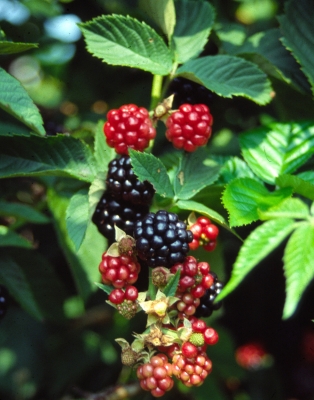 I finally gave up on Chester because winter cold would snuff out many of its canes down to ground level. If I remember correctly, surviving canes bore fruit that was too late in the season to ripen fully or in sufficient quantity.
I finally gave up on Chester because winter cold would snuff out many of its canes down to ground level. If I remember correctly, surviving canes bore fruit that was too late in the season to ripen fully or in sufficient quantity.
I had previously grown the very cold-hardy and very delicious variety Darrow, but with thorns on leaves, petioles, and stems, it left too many scars (on me) following picking.
Canes might die back, but not so easy is killing a whole plant of Chester, any blackberry, for that matter. Over the years, sprouts kept appearing where the plant previously stood. Usually I’d prune them back to the ground. This spring I saw that long canes were still vibrant green, showing me that they were still alive and well. I let them be.
And this year the plant has been offering oodles of clusters of berries.
One Season, Two Crops
About ten years ago, I planted another black bramble — black raspberries, also called blackcaps — in the bed that had been home to Chester. The abundance of wild blackcaps around here might make planting them seem as foolish as taking coals to Newcastle. (I believe this comparison is understood only by folks over 60 years of age; please report back for this survey.) I had once planted some named varieties of blackcaps and found them not worth the trouble. They were essentially similar to the wild ones, perhaps a little larger for being grown in richer, more consistently moist, and weed-free ground.
The recent blackcaps were worth planting because they were two new varieties, Niwot and Ohio’s Treasure, which are “everbearing” or two-crop varieties.
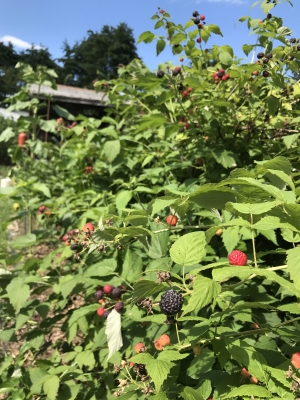
Niwot
Brambles, which include red raspberries, blackcaps, blackberries, and some lesser known species, have perennial roots but their canes typically survive only two years. Their first season they just grow stems and leaves and in midsummer of their second season, they bear fruit.
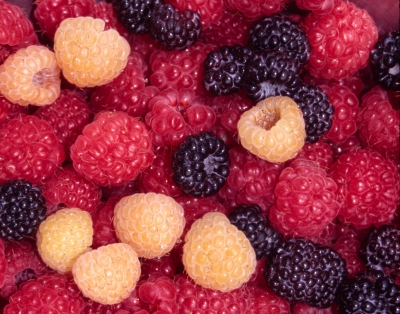
Red, yellow, & black raspberries
Everbearing brambles begin to bear fruit at their tips towards the end of their first season, then finish bearing lower down on that stem in midsummer before marching to their death. New canes are growing all the time so there’s no break in having an annual berry harvest. To summarize everbearers’ bearing habit: midsummer crop on second year growth; late summer crop begins on first year growth.
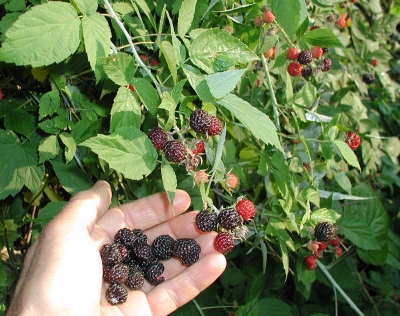
Second blackcap crop
Who to Grow?
I’ve been very pleased with the health, yield, and flavor of Niwot and Ohio’s Treasure.
Although blackcaps and black raspberries are black brambles, they differ markedly in flavor. I like them both, so have considered letting them be where they are, cheek by jowl. It’s crowded there, so a comparison is in order.
Chester is a very good, but not a great-tasting, blackberry. Still I like variety and I like blackberries. One option would be to try growing the slightly less cold-hardy but allegedly better-tasting variety Triple Crown.
The Triple Crown option notwithstanding, the main problem with Chester (and probably Triple Crown) is harvest. A blackberry is puckery unless harvested dead ripe, at which point it loses its sheen, drops into your hand in response to the slightest tickle, and is juicy, sweet, and flavorful. I look at Chester and see those oodles of seemingly ripe berries, but almost none respond to tickling. The few that do are delicious but I would need lots and lots of plants for reasonable harvests at each picking.
Downsides to my two blackcap varieties are thorns, though less vicious than those of blackberries, and less juicy berries. It was with good reason thousands of acres of black raspberries were planted in western New York, grown for the “evaporation” industry to be dried like raisins. Some people object to the more prominent seeds as compared with blackberries.
On the plus side is blackcaps’ flavor, very good and very different from blackberry’s. Couple that with everbearing — my second crop has just begun and could continue until the first frost, although the berries do lose their appeal once temperatures turn too cool — a you got a berry worth growing.
Pruning everbearing blackcaps is also very easy. As with any bramble, I cut to the ground any canes that have finished bearing their summer crop; they’re then two years old and will start inching towards death anyway. I also thin out the number of new canes to six each plant to prevent overcrowding, which by interfering wit sunlight and air movement, would foster disease and lower quality berries.
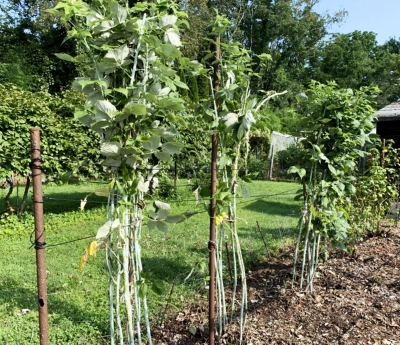
Summer pruned black raspberries
Finally, for both blackberries and blackcaps, I nip off just the tip of any remaining cane to promote branching; fruit is borne on these branches. Ideally, this last step is done throughout summer as soon as any young stem reaches a few feet in height. With that said, plants branch to some degree even without human intervention. Shown diagrammatically below, from my book, THE PRUNING BOOK.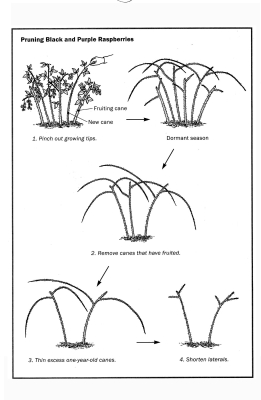 Everbearers have one more asset. For an easier pruning method, every year just cut all the canes nearly too ground level each winter. This sacrifices the midsummer crop because there are no two-year-old canes, but new canes will grow to produce the late crop.
Everbearers have one more asset. For an easier pruning method, every year just cut all the canes nearly too ground level each winter. This sacrifices the midsummer crop because there are no two-year-old canes, but new canes will grow to produce the late crop.
I like having two crops so opt out of the easier pruning method.
Now that I think of it, I also like blackberries, so I’ll continue to grow them. And probably try out Triple Crown.

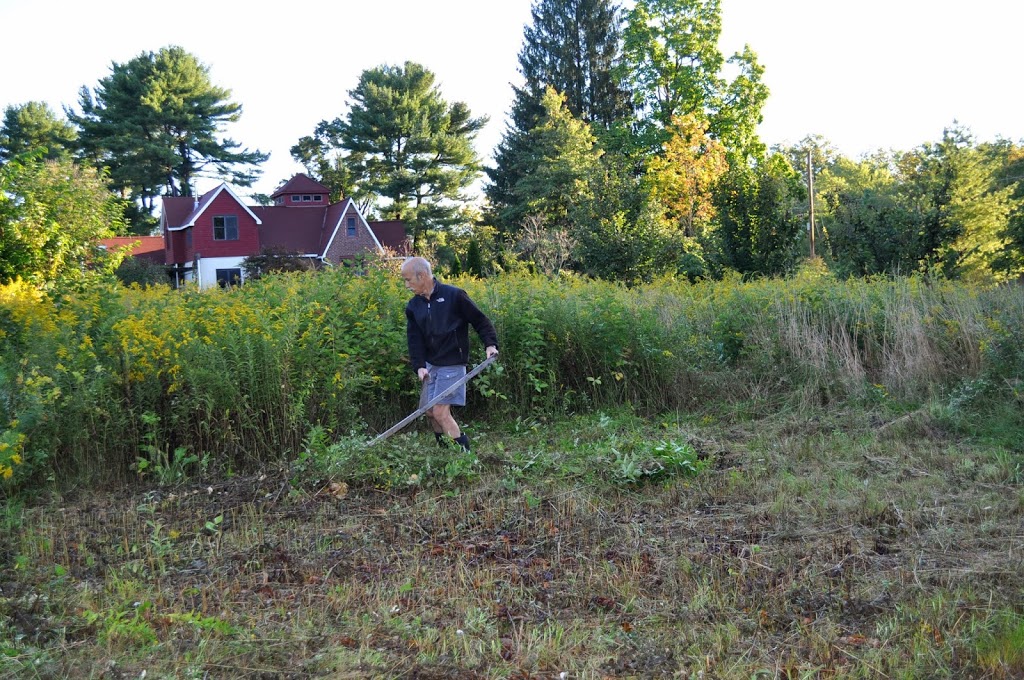

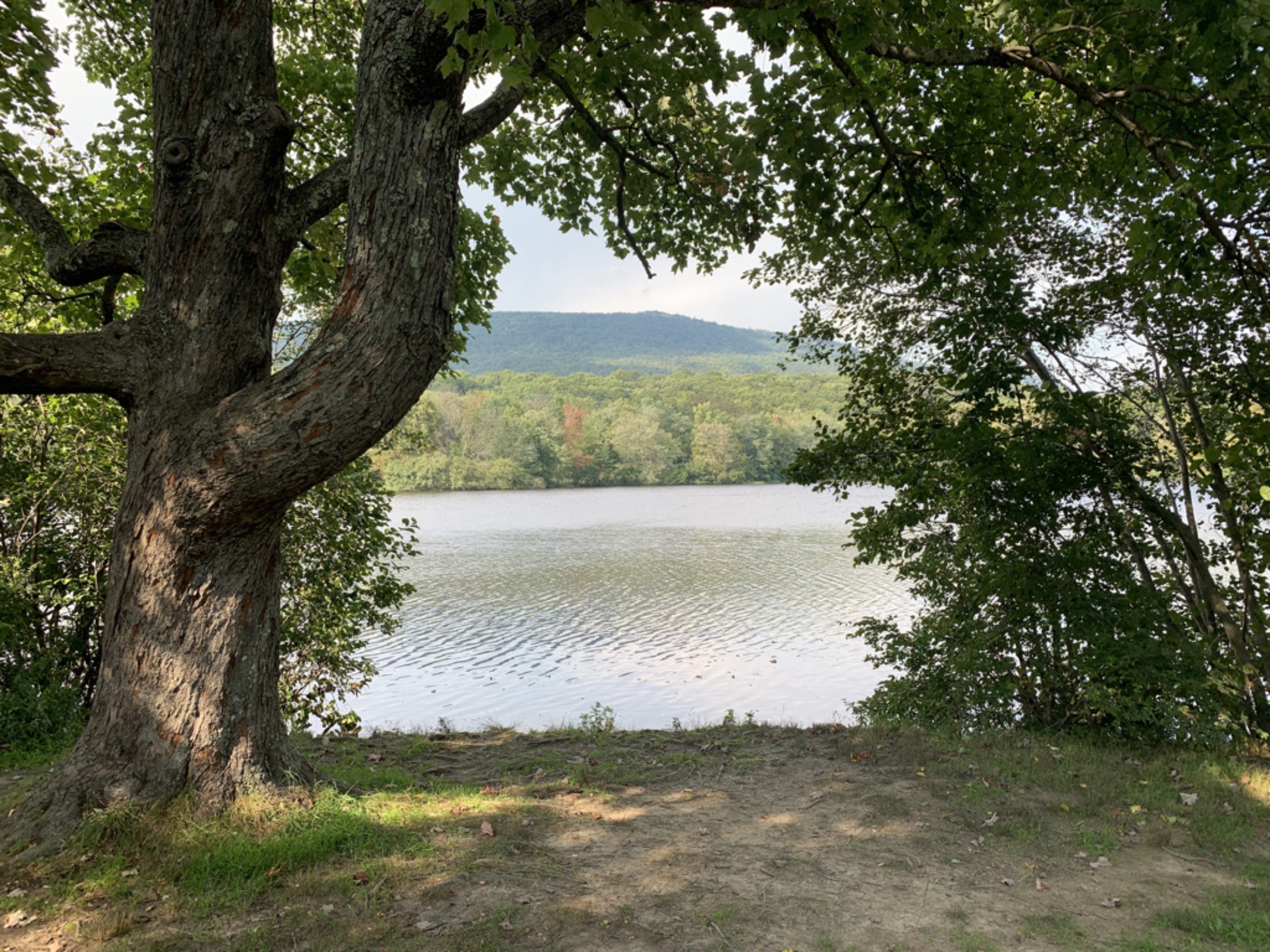
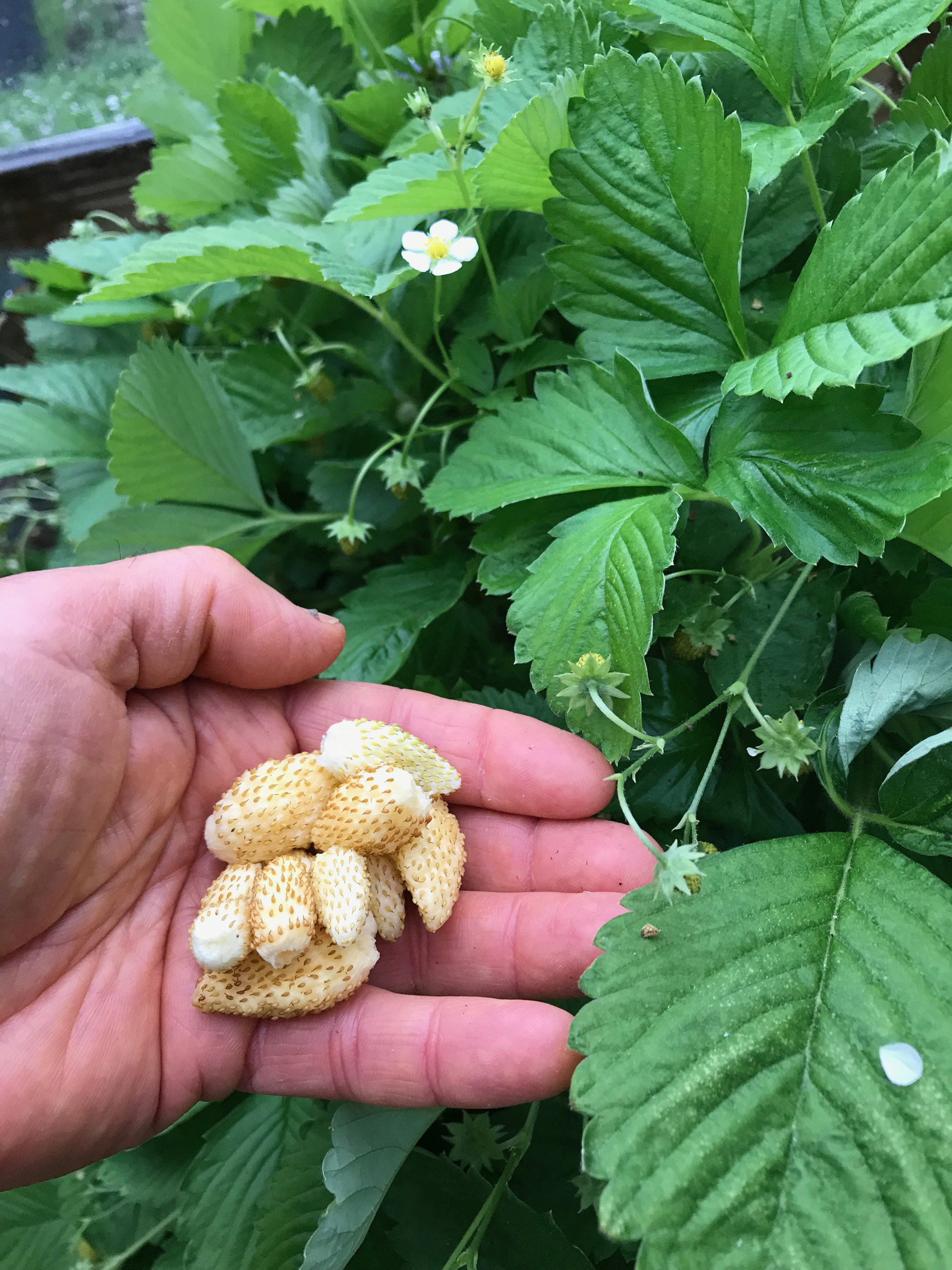
Triple Crown was the ‘most improved’ item this year, in that bird predation was WAY down. (Worrisome in its own way) Thus berries really got a chance to ripen. Wonderful season just finished. Chester is just starting to ripen for us outside Easton Pa. Everything you say is true; loads of nice looking red berries in clumps on Chester but SLOW to ripen.
Thanks for the info. I’ll plant Triple Crown this spring.
I planted 2 Triple crowns in Augist 2021. No harvest the first year, but this year was bounty. Large and sweet blackberries ! Very vigorous and heavy harvest. It already self rooted itself in many places. Highly recommend it. Never grew any blackberry nor edible until 2 years ago and Triple Crown seems very easy to grow.
At 40 years old, I have heard of the futility of hauling coal to Newcastle. My dad says it and I’ve read the phrase, but it’s not in the lexicon I use.
I planted several blackberries over the past two springs and so far I am very surprised by the variation in berry size, shape, flavor, sweetness, seed size and plant growth habit. Triple Crown is the only one that hasn’t made fruit yet. I’ll better protect it from rabbits and deer this winter.
Ohio’s Treasure black raspberry is intriguing.
(Zone 6a Ohio)